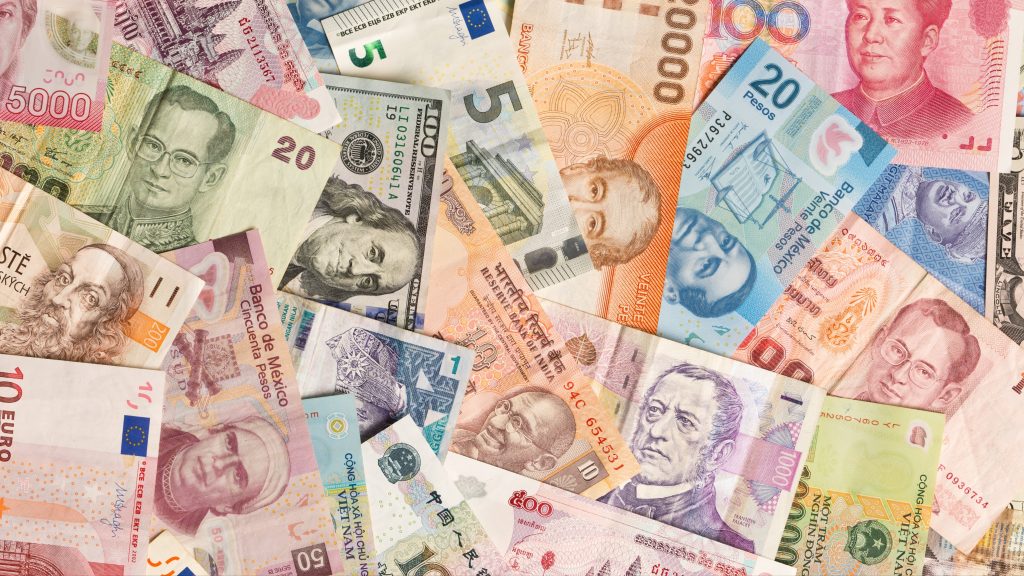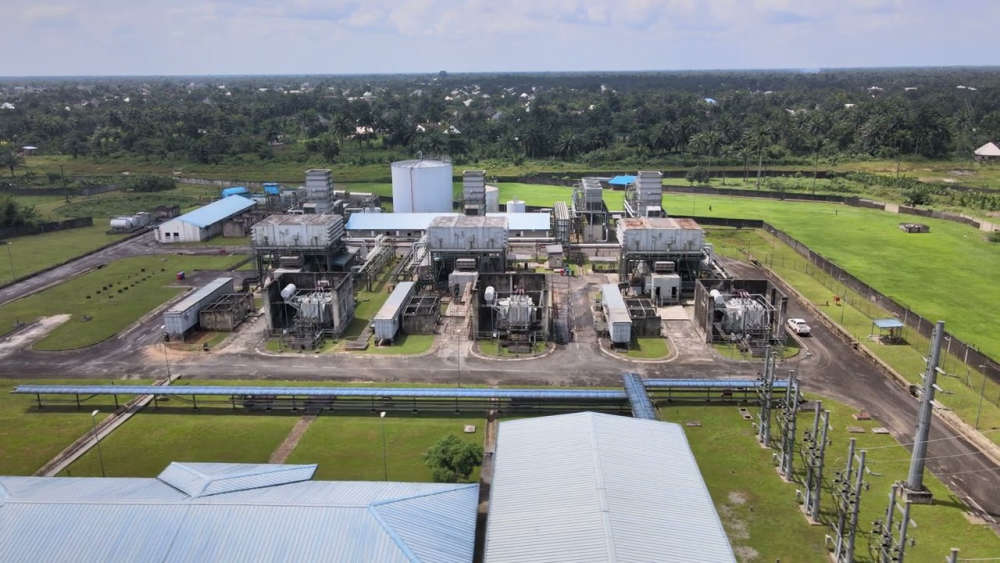Uncover how money laundering operations use empty stores to disguise illicit funds and how these fronts distort the local economy.

Let’s take a stroll through Asokoro, Abuja—one of those neighbourhoods where the rent costs around ritualistic figures. A plush area where yearly rent for a simple apartment easily hits 9 million Naira. Now picture this: nestled in one of those big, shiny buildings is an office. The company? A consultancy firm for—wait for it—scented candles. Yes, you heard right, scented candles! They’ve got just four employees, all rolling into work in Mercedes-Benzes and Lexus SUVs, and in the 12 months you work from across the street, you’ve seen only six clients pop in. Ever.
It’s the kind of situation that makes you pause and ask, Wetin dey happen for here?
Or perhaps you’ve wandered into Jabi Lake Mall, where some of the prime retail spaces cost around 7 million Naira a year. Tucked between busy stores, you find this pristine little shop selling nothing more than fancy keyholders. Every time you walk by, it’s eerily empty, yet the lights are always on, the glossy floors are spotless, and the attendants—who are earning a solid 160k per month—are always at their posts. Year after year, the shop remains. Customers, however? Practically none.
The Maths Ain’t Mathing
How, you wonder, are these businesses surviving when the basic numbers don’t add up? No customers, little to no activity—so how are they covering these astronomical rents and paying their staff? The maths isn’t mathing, as they say. And when you don’t know what’s going on, it’s tempting to just shrug it off as maybe these folks know something about candles and keyholders that I don’t. Maybe there’s a miracle hidden within the fragrance of the candles.
But here’s the catch: the answer might be right under your nose.
You see, in situations like these, the problem isn’t about what they’re selling. It’s about what they’re not selling. If I happen to make, let’s say, 200 million Naira through some shady internet scam, drug money, or even dodgy government deals, I’ve got a dilemma. How do I explain my newfound wealth? How do I make it legit?
This is where these businesses come into play.
Enter Money Laundering 101
Let’s break it down. I rent an expensive shop or office in a high-end area, deck it out to look professional, and run some vague business as a front. Candles, keyholders, juice bars—something that doesn’t have to deal with an outrageous volume of customers but looks good enough from the outside. When anyone comes knocking about the source of my money, I just point to my “business” and say, “Oh, I run a consultancy firm. It’s very niche.” Or, “Yeah, I sell high-end keyholders, we’re very exclusive.” Voila! Clean money, clean reputation.
This is a classic form of money laundering. By presenting a legitimate front, illegal or questionable funds can be “washed” and made to appear as though they’re derived from legal means. This is happening in plain sight, and it’s not always obvious because, on the surface, these businesses look innocent enough. They’ve got fancy offices, luxury cars in the parking lot, and employees in tailored suits. But underneath the surface, it’s all smoke and mirrors.
It Gets More Sophisticated
Now, this example of running a consultancy firm for scented candles is a pretty simple case. The truth is, money laundering schemes can get way more complex. You might find these operations intertwined with legitimate businesses, blending in so seamlessly that it’s hard to tell where the legal money ends and the illegal money begins.
For instance, let’s say I open a high-end boutique that sells rare designer clothes, but instead of moving inventory, I’m moving money. I claim to sell a few exclusive pieces every month at inflated prices, all paid for by shell companies that are owned by—guess who? Me! On paper, everything looks legitimate. In reality, it’s just another trick to clean up dirty money.
And it’s not just limited to physical shops. Ever noticed how some online stores seem to have high prices but low traffic? You might not be wrong to raise an eyebrow. Sometimes, they’re just digital facades for moving illicit funds around.
But Why Should You Care?
You might be thinking, OK, but how this thing take consign me? Well, for starters, it distorts the economy. When money laundering takes place on a large scale, it inflates property values*, making it harder for legitimate businesses to afford the rent. It creates a market where success is less about quality or service and more about who has the deeper pockets—or, in this case, the dirtiest money.
It also means that our financial systems are being used for shady activities right under our noses. Every time you walk past that empty shop, you’re witnessing the tip of the iceberg in a system that quietly undermines legitimate businesses and the economy at large.
*Speaking of property values, if you want to understand how to find genuine opportunities in real estate and avoid falling into these traps, check out this ultimate guide on lucrative real estate deals.
What’s Next?
If this all sounds like something straight out of a movie, you’re not alone. Next time on Vaami from SimplVest, I’ll be diving into even more sophisticated money laundering tactics that are happening all around us, and how we might unknowingly be part of the system. Whether it’s through innocuous-looking businesses, online platforms, or even seemingly charitable donations, the ways people are “cleaning” money are getting more creative—and more shocking.
Until then, next time you walk past that empty shop or strangely quiet office, give it a second look. You never know what might be lurking beneath the surface.
Keep your eyes open, and stay informed. Have a great weekend ahead!
Vaami from SimplVest 🚀












